|
The UN’s peacekeeping missions are in danger of failing because too much is expected of them. Not only have their mandates become more complex, but they’re also expected to minimise casualties and to work within increasingly tight budgets. Alexandra Novosseloff argues that peacekeeping has fallen into the same traps again and again because the UN has shied away from recognising these contradictions.
Settling into a new country is no easy task. Migrants must grapple with everything from loneliness and culture shocks to racism and identity crises. Victor Counted explains how, for migrants from African nations in Australia and the Netherlands, a personal connection with God offers an important coping strategy, giving them a sense of security and belonging in their new communities.
|
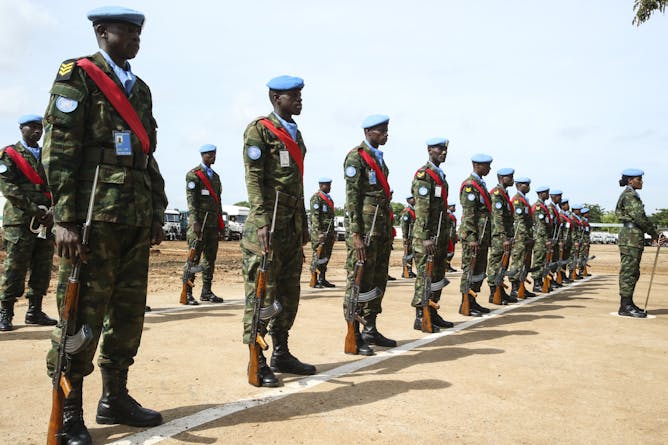
The UN peacekeeping mission in South Sudan.
UN/Isaac Billy
Alexandra Novosseloff, Université Paris 2 Panthéon-Assas
Unless member states try to solve the contradictions in expectations, UN peacekeeping will not be fit for purpose in the future.
|
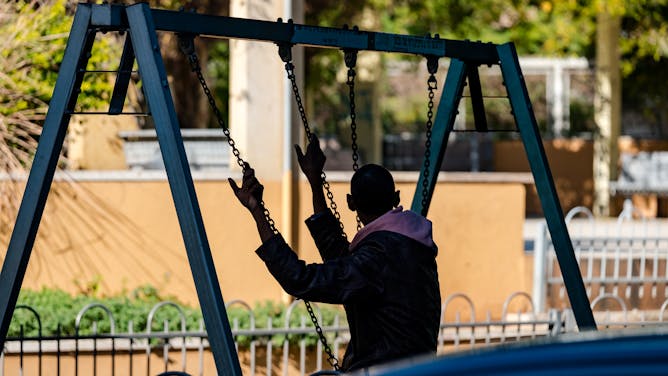
Migrant sitting alone in a playground.
Shutterstock
Victor Counted, Western Sydney University
Migrants benefit from attachment experiences that help them form a sense of belonging, build resilience and negotiate their quality of life.
|
Business + Economy
|
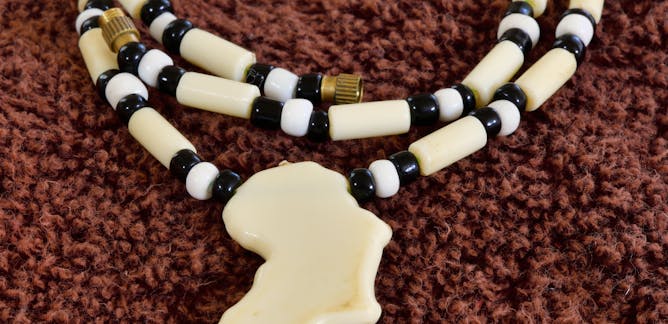
Jen Snowball, Rhodes University
Trade in cultural goods and services offers emerging markets an opportunity to benefit from their cultural capital and globalisation.
| |
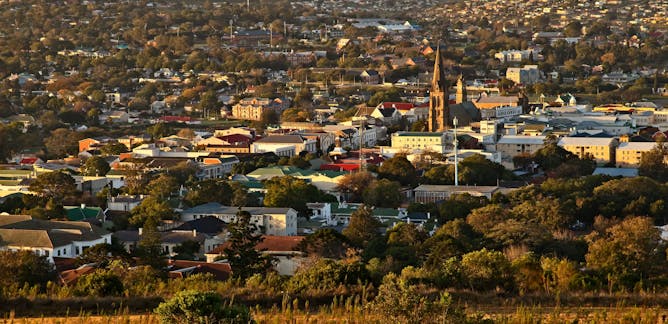
Joleen Steyn Kotze, University of the Free State
The precedent-setting ruling may cause jitters in dysfunctional municipalities around the country.
|
|
|
En Français
|
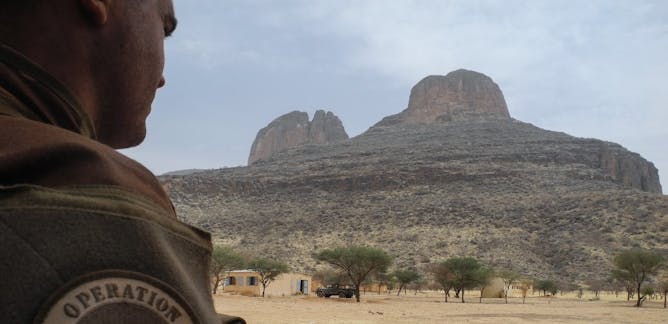
Marc-Antoine Pérouse de Montclos, Institut de recherche pour le développement (IRD)
Le sommet qui a réuni à Pau, le 13 janvier dernier, les dirigeants de la France et du groupe G5 Sahel a débouché sur quelques mesures qui ne suffiront pas à ramener la paix dans la région.
| |
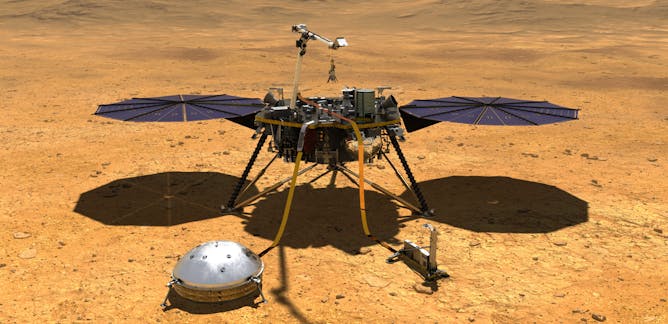
Charles Yana, Centre national d’études spatiales (CNES)
Depuis le mois de novembre 2018, un instrument enregistre l’activité sismique de la planète rouge. Les ondes renseignent les scientifiques sur la géologie et la structure martienne.
|
|
|
From our international editions
|

Stephanie Kovalchik, Victoria University
Since 2003, Roger Federer, Rafael Nadal and Novak Djokovic have combined to win 55 of the 68 Grand Slams that have been played. Is this the year for a new player to break through?
| |

Simon Coghlan, University of Melbourne; Kobi Leins, University of Melbourne
Xenobots have been called the world's first "living robots". They are made entirely of living tissue, and can be programmed to move towards a certain object.
|
|
|